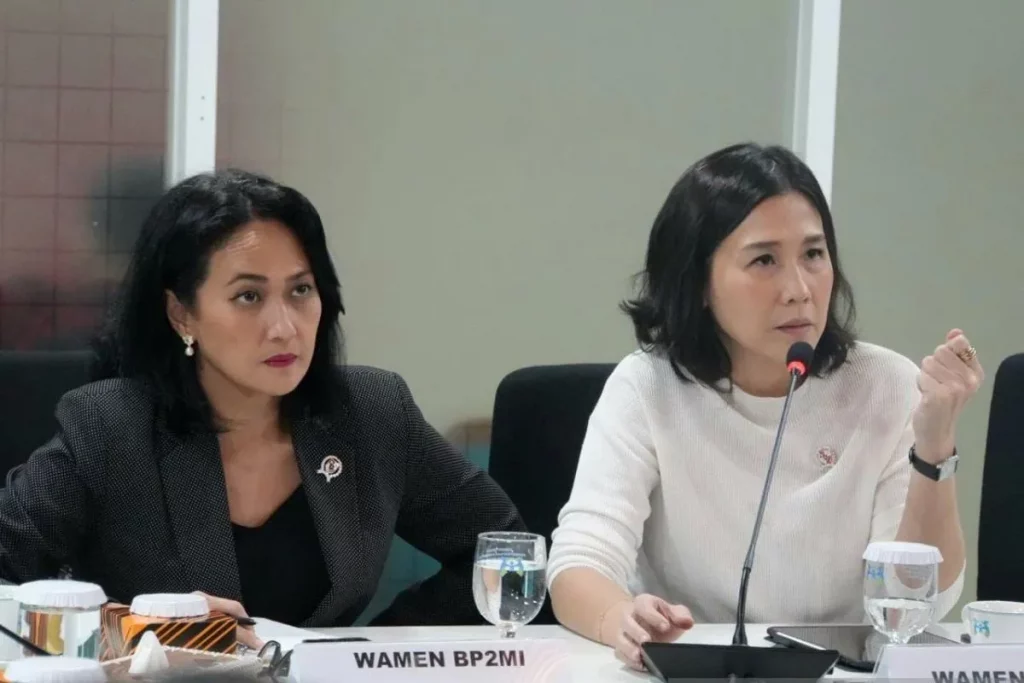Indonesia is preparing to launch a pilot program to send trained caregivers to Singapore, with the aim of filling the country’s growing need for elderly care workers. The Ministry for the Protection of Indonesian Migrant Workers (KP2MI) announced the move on Tuesday, confirming that the initiative is part of broader efforts to boost the overseas placement of skilled Indonesian migrant workers.
According to KP2MI, Singapore has been chosen as the first country for the pilot project, mainly due to the significant number of Indonesians already working there and the increasing demand for caregivers. Of the 250,000 Indonesians currently living in Singapore, around 166,000 are employed as female domestic workers. With projections indicating that Singapore will require around 24,000 nurses by 2030, the Indonesian government sees an opportunity to formally place more professional caregivers in the country.
Deputy Minister of KP2MI Christina Aryani expressed optimism about the cooperation, stating that the ministry is ready to discuss and determine the most suitable placement scheme. She mentioned two potential models: government-to-government (G to G) and government-to-private (G to P). Aryani stressed the importance of understanding Singapore’s requirements and ensuring that selected workers are qualified and properly trained to care for the elderly, whether in nursing homes or private residences.
The plan is also aligned with the Care Economy Program spearheaded by the Ministry of Women’s Empowerment and Child Protection, which seeks to improve professional standards and raise the economic value of caregiving roles, especially for women. Aryani emphasized that all deployed workers must be well-trained and capable, as the program also aims to enhance Indonesia’s image in the global care industry.
Deputy Minister of Women’s Empowerment and Child Protection Veronica Tan also voiced support for the initiative. She noted that this program could enhance the skills and economic potential of female domestic workers, offering them better employment opportunities and higher salaries. She added that while there is currently no specific cooperation agreement with Singapore on caregiver placement, the country’s proximity and ongoing demand for Indonesian workers create an ideal opportunity to formalize employment in this field.
Tan explained that many Indonesians currently working in Singapore do so through unregulated channels, which can lead to exploitation. This new program is expected to provide a safer and more structured path for workers, while also helping to reduce unemployment in Indonesia.
The Indonesian government believes that if this pilot project proves successful, it could be expanded to include more countries with similar care needs. For now, the focus remains on building strong collaboration with Singapore and preparing a skilled workforce that can meet international standards in elderly care.
What is Indonesia’s goal with this caregiver pilot project to Singapore?
The project aims to professionally train and send caregivers to meet the rising demand in Singapore while empowering Indonesian women and creating safer, more formal employment opportunities abroad.

